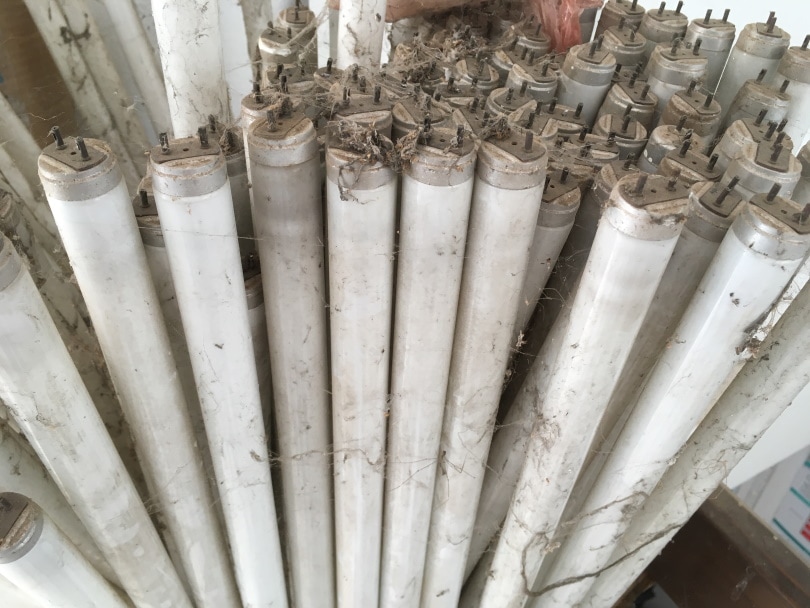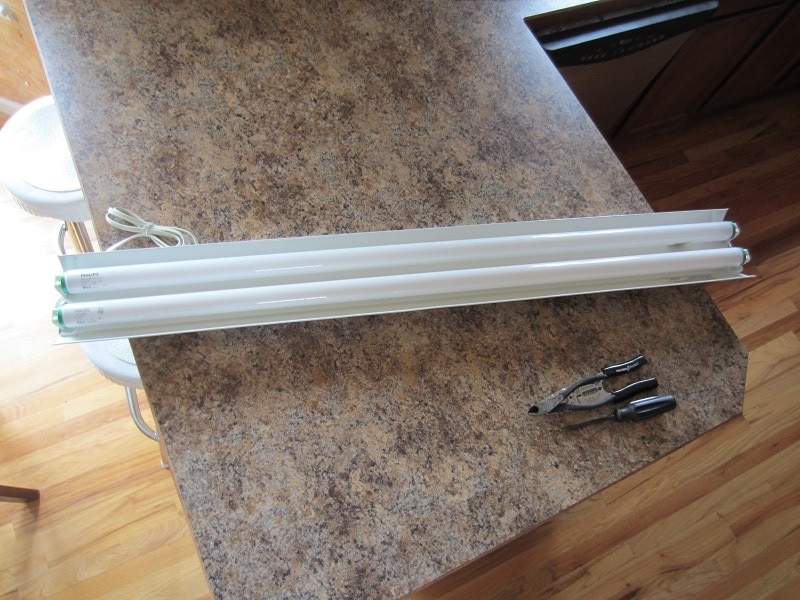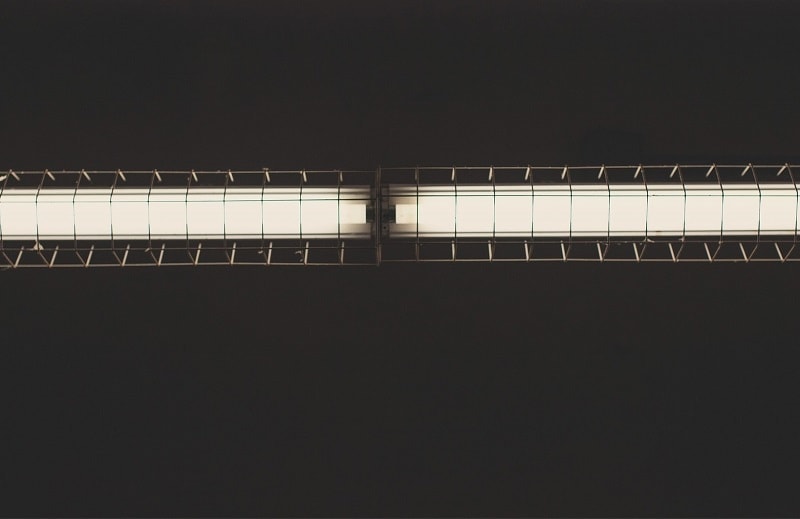Does Home Depot Recycle Fluorescent Tubes? What to Know
-
Codee Chessher
- Last updated:

Recycling is one of the biggest ways individuals can help make an impact on man-made climate change. By conserving natural resources and reusing nonrenewable products, everyone can chip in to mitigate greenhouse gas emissions.
Stores like Home Depot have programs that accept fluorescent tubes or CFL bulbs for recycling, which helps the environment while clearing out your junk. In this article, we’ll be checking out how the CFL recycling process works at Home Depot, plus other relevant info you may find interesting.
Home Depot CFL Recycling
Compact fluorescent light bulbs, also called CFLs, are a type of light bulb that contains mercury. Home Depot has partnered with recycling services all over the country to offer not only CFL recycling but many types of recycling. To recycle your CFLs at your nearby Home Depot store, follow the steps below.

How to Recycle Your CFLs at Home Depot:
- Identify CFL bulbs in your home. You can find the bulb type on the packaging or sometimes the thread where the bulb screws in.
- Transport your CFL bulbs to the nearest Home Depot store.
- Locate the CFL bulb disposal bin.
- Put your CFL bulbs in the provided plastic bags and place them in the bin.
If your CFL or fluorescent tube has broken, it’s imperative that you call a hazardous household recycling center to ask for the next steps. Do not take broken CFLs or fluorescent tubes to Home Depot or any other regular recycling center because they won’t be able to handle them.
Why Is CFL Recycling Important?
CFLs contain mercury, which is a very toxic metal. Each bulb only contains a few millimeters of mercury, but that adds up to a lot when you consider that millions of bulbs are thrown away every year. With more than 562,700 pounds of CFL bulbs recycled in 2020, Home Depot alone makes a pretty decent dent in mercury pollution.
Mercury is mainly used to make industrial equipment and niche devices, and we’ve slowly reduced and tried to phase it out when possible. However, many products today, like CFL bulbs, still use small amounts of mercury. When mercury is thrown away, it leaches into the soil and groundwater.
Mercury causes fatal heavy metal toxicity to animals, plants, and humans alike, so proper disposal is crucial. In animals, mercury accumulation damages several organs throughout the body. For humans, mercury is known to affect brain development in children.

Does Lowe’s Recycle Fluorescent Tubes?
Lowe’s usually does recycle CFL bulbs, but the availability of recycling services may vary based on your location. You can check the front of your nearby Lowe’s for CFL recycling bins similar to the ones at Home Depot, or you can call the store and ask directly.
What Light Bulbs Does Home Depot Recycle?
There are several types of light bulbs, but not all can be recycled at Home Depot.
How to Dispose of Light Bulbs by Type:
- Incandescent: made of metal and glass, incandescent bulbs are too difficult to efficiently recycle. Throw these away in the trash.
- LED: LED bulbs use tiny LED microchips to provide efficient illumination. LEDs should be recycled and are accepted by Home Depot.
- Halogen: Halogen bulbs aren’t recyclable and should be thrown away in the trash.
 Final Thoughts
Final Thoughts
While some Home Depot locations may accept fluorescent tubes along with CFL bulbs, some may not. It’s always helpful to call ahead to the location you intend to recycle at, or else you may waste a trip if they don’t accept your bulbs. Hazardous household recycling centers will also accept CFL bulbs and fluorescent tubes for disposal.
Featured Image Credit: Panuwat Phothikamol, Shutterstock
Contents
